A plea for help from the founder of The Write Practice.
Here to learn? You’re in the WRITE place!
At The Write Practice, we publish a new article each day designed to help writers tackle one part of their writing journey, from generating ideas to grammar to writing and publishing your first book. Each article has a short practice exercise at the end to help you immediately put your learning to use.
Check out the latest articles below or find ones that match your interest in the sidebar.
And make sure to subscribe to get a weekly digest of our latest posts, along with our free guide, 10 Steps to Become a Writer.
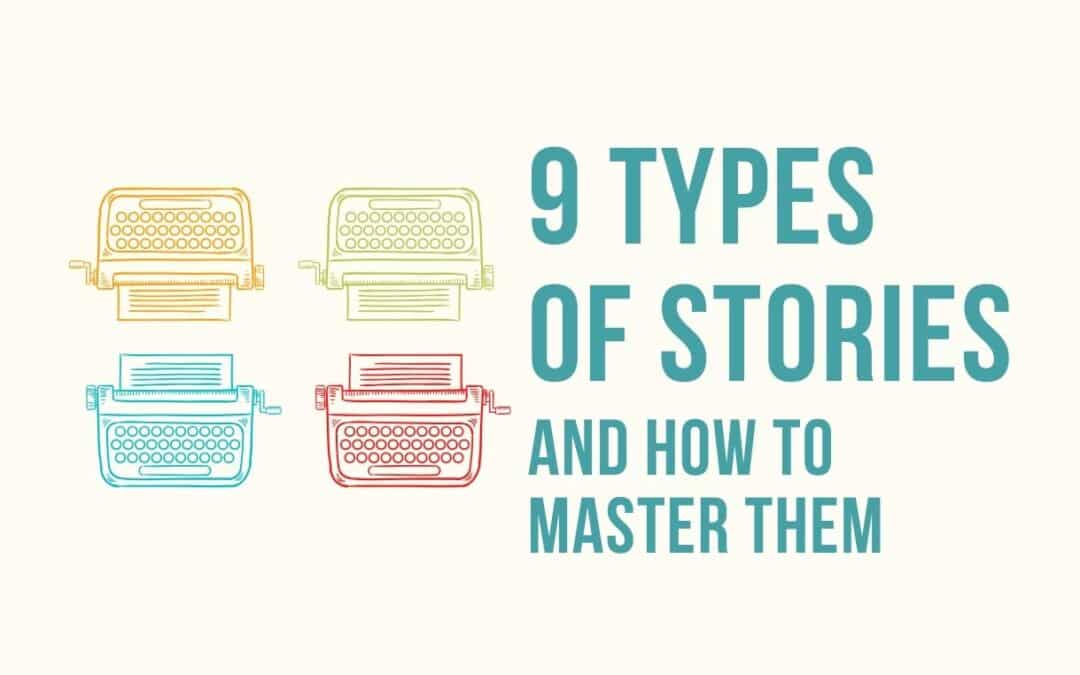
The 9 Types of Stories and How to Master Them
How do you write a best-selling novel or an award-winning screenplay? You might say, great writing or unique characters or thrilling conflict. But so much of writing a great story is knowing and mastering the type of story you’re trying to tell.
What are the types of stories? And how do you use them to tell a great story?
In this article, we’re going to cover the nine types of stories, share which tend to become best-sellers, and share the hidden values that help you master each type.
But first, what do I mean by “types of stories”?

Atmosphere Literary Definition: Genre Examples That Evoke Emotion
Atmosphere matters. You might be someone who will pay a premium to eat at a restaurant with a certain ambience or buy a house in a setting that supports a particular feeling. But how do you use atmosphere in your book?
In like manner, your reader won’t remember every word you wrote, but if you infuse the story with atmosphere, they will remember the way it made them feel.
But how can you weave atmosphere into your story without making it feel forced? How can your story’s atmosphere evoke an emotional response and leave a lasting impression on your readers? How can you leverage this literary technique to enhance that feeling?
A strong sense of atmosphere figures into the works of William Shakespeare. Edgar Allan Poe mastered atmosphere in poems like The Raven and his haunting tales of suspense. J.K. Rowling managed it well in the Harry Potter series.
And you can learn it too.
There are many literary devices and elements of fiction a writer uses to impact the atmosphere of a literary work, including figurative language, word choice, similes, and personification. In this post, we’ll examine how point of view and genre considerations help to set the mood and establish atmosphere.

World Building 101
If you write fiction, you need world building. It’s the skeleton of your story: though unseen, those bones determine the shape of the beast.
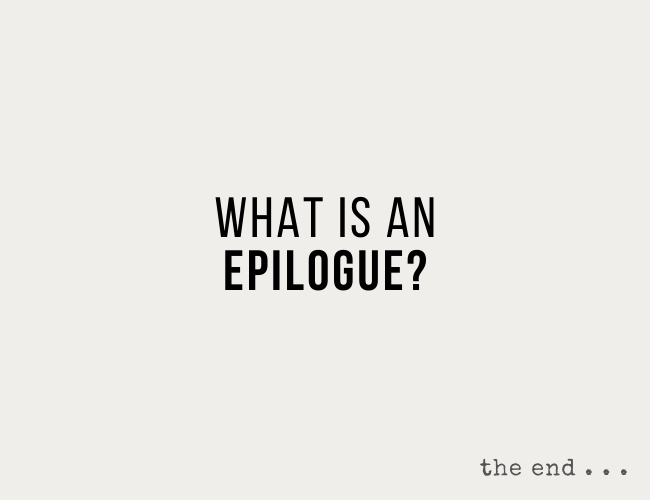
What Is an Epilogue? And Is It Okay to Use One in YOUR Book?
You know you’ve seen it at the end of a book, but what does it mean? What is an epilogue actually? Why not just call it, “Last Chapter?” Who thought up this word, “Epilogue,” anyway? And if you’re a writer, should you end you’re book with an epilogue?

20 Crowd-Pleasing Performance Story Ideas
There are only two options in a performance story: win or lose. And, usually, only one chance to succeed. Today, we have 20 performance story ideas to put your character through their paces. What is a Performance Story? Performance (or sports) stories are one of the...
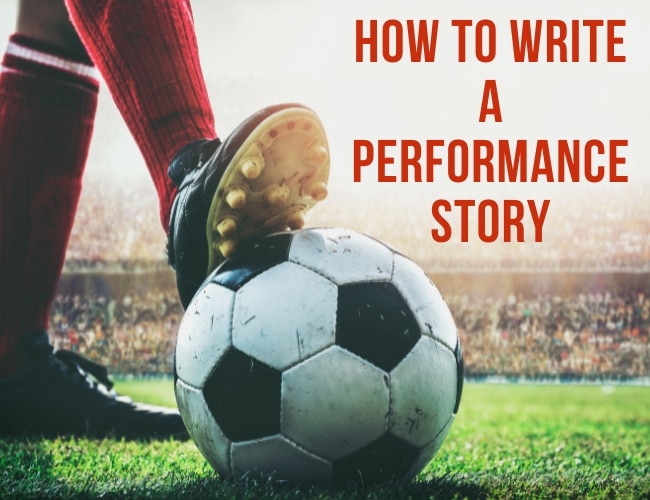
How to Write a Performance Story
Performance or sports stories are one of the most inspiring story types. Full of passion and determination, the characters in performance stories strive against all odds to achieve their goals and earn the respect of those around them. Today, we’re going to explore how to write a performance story that has your reader cheering.
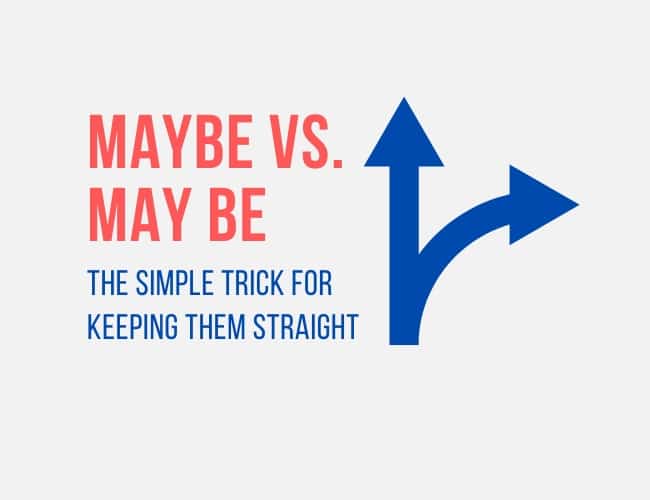
Maybe vs. May Be: The Simple Trick to Always Keep Them Straight
Maybe and may be are both used to discuss possibility. However, they are different, with the main difference between these two words being that they are two different parts of speech.
As you may remember from elementary school, there are nine different parts of speech. Let’s look at how to distinguish between maybe and may be.
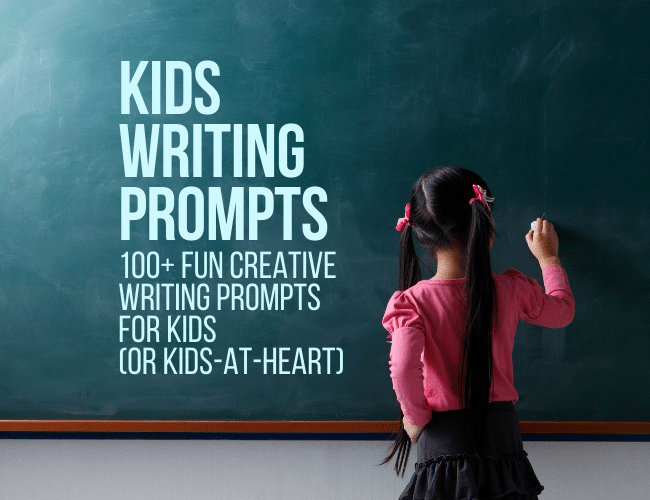
100+ Fun Creative Writing Prompts for Kids (and Kids at Heart!)
One of the best ways you can foster a love of reading and writing in children is to offer lots of low-stakes opportunities to practice. These kids writing prompts can be used with any group of kids you’re working with: elementary school, middle school, or high school writers.
Prompts can help kids break through creative writing idea blocks or boredom. Whether in a slump or starting a new project, try a prompt a day and see what happens.
Keep it as simple as possible: one notebook or document, one location, the same(-ish) time each day, and a timer set for 5, 10, or 15 minutes.
Don’t let yourself edit, reread, or rework anything. Just write. Keep the pen moving across the page. There’s no wrong way to play.
Plus, there’s a great note for you, whether you’re a parent or teacher or both, at the end.
Give these fun creative writing prompts a try and watch how consistent practice contributes to ideas, confidence, and yes, even stronger writing skills!
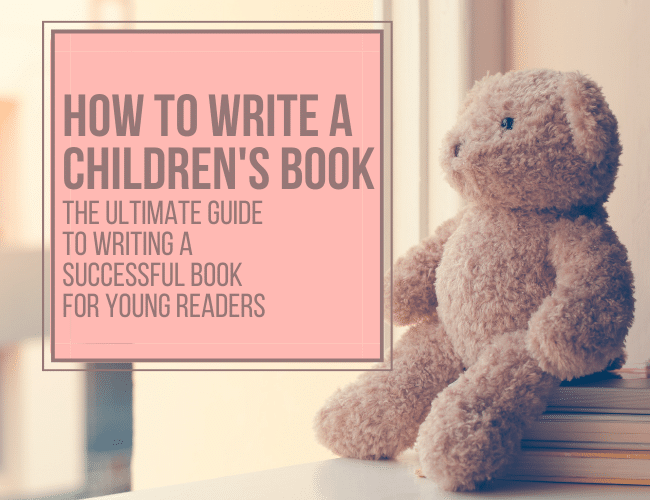
How to Write a Children’s Book: The Ultimate Guide to Writing a Successful Book for Young Readers
Have you wondered how to write a children’s book? A lot of people do! The idea of crafting a sweet or silly tale that delights young minds and hearts is a compelling invitation.
Maybe you already have an idea about subject matter or a memorable character in mind.
Perhaps you are inspired by favorite books from long ago (Judy Blume, anyone?). Frequent guidelines suggest just 500-1000 words in the average picture book—and many people who are not children’s book writers wonder how difficult this could be.
Harder than you think.
Children’s author Margaret Meacham sums it up well. “Well-written picture books are works of art that demand an intuitive sense of child appeal, and like poetry, a firm command of language.”
In this article, you’ll learn all about how to write a children’s book with writing tips that will help you craft your writing for the littlest reader.


